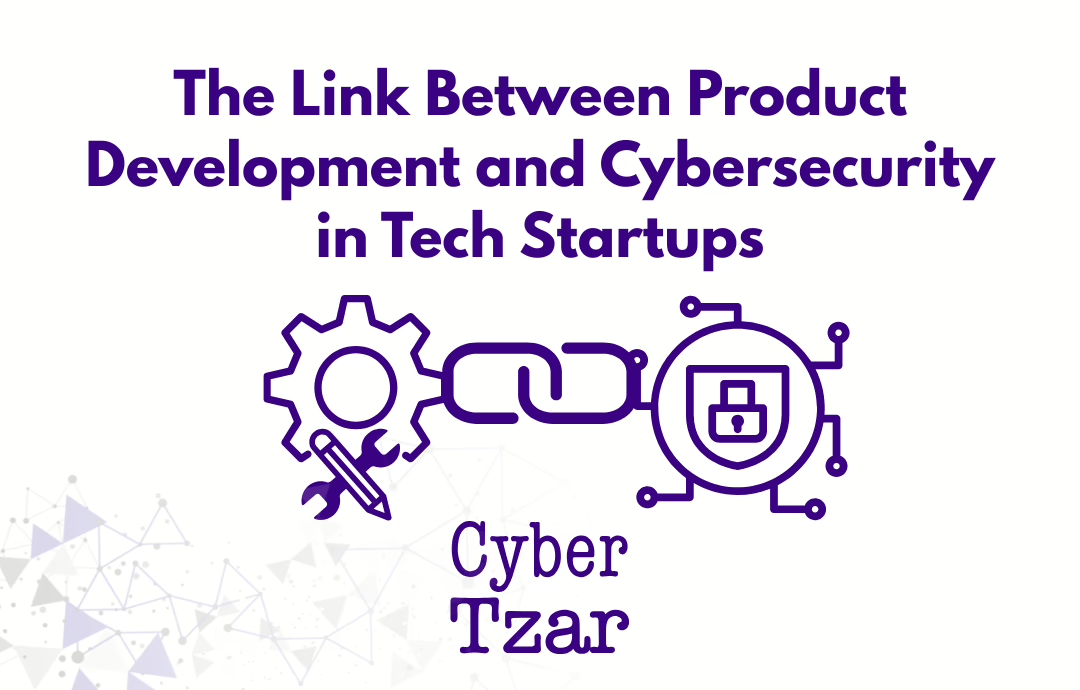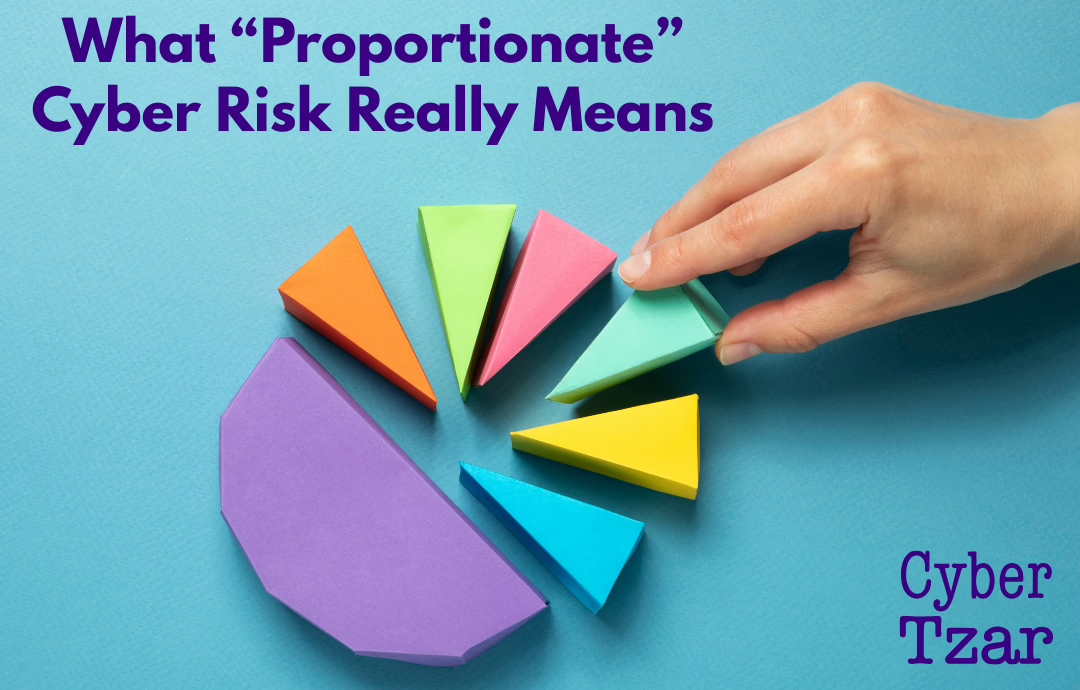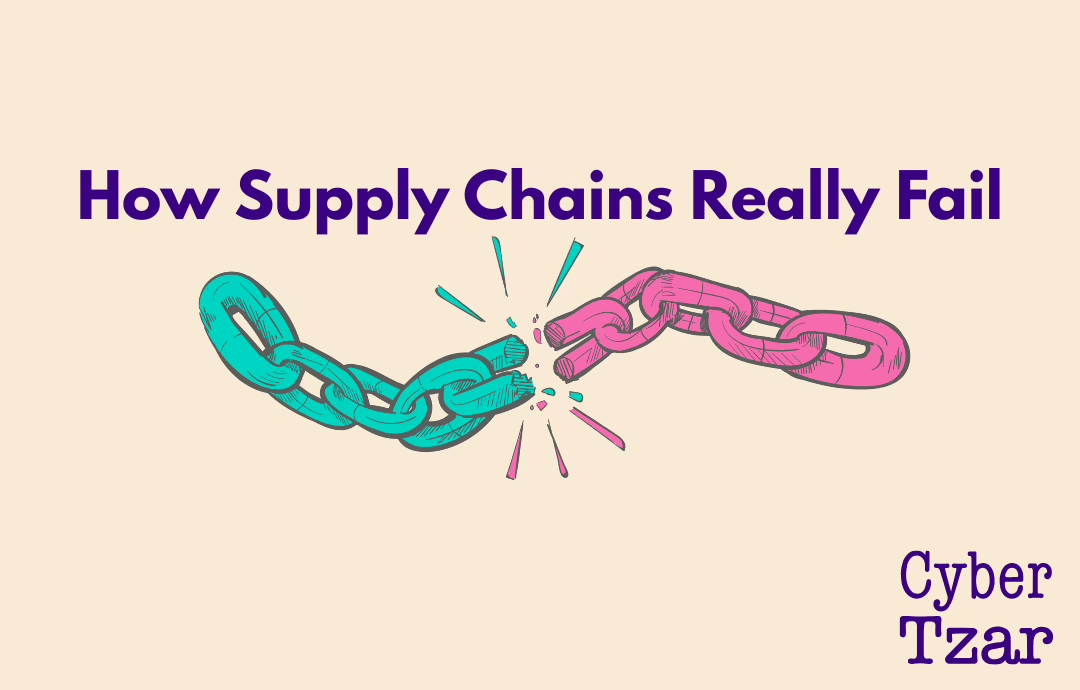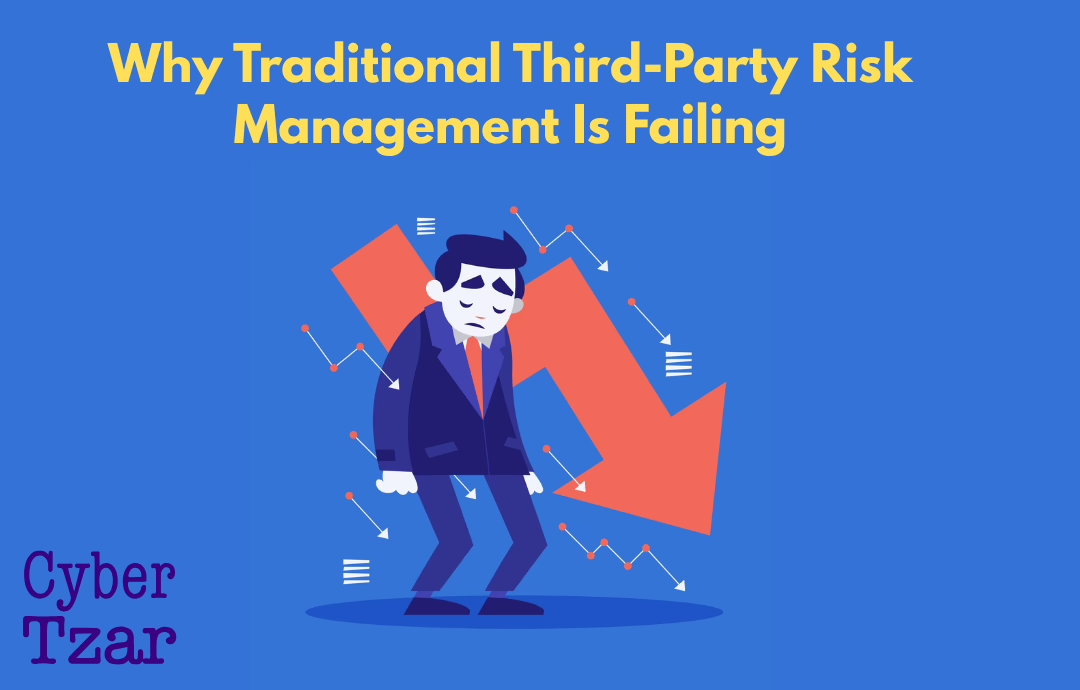For early-stage tech companies, product development usually takes priority. Speed to market, MVP delivery, and customer feedback loops dominate every roadmap discussion.
But in 2025, there’s a growing reality: cybersecurity is no longer separate from product development — it’s part of it.
This article explores why integrating security into the product lifecycle isn’t just good practice — it’s fast becoming a competitive advantage and a requirement for scale.
Why Startups Still Struggle with Security
💻 Security is treated as a “post-MVP” issue
🧑💻 Founding engineers are focused on features, not controls
⏱️ Delivery pressure overrides process discipline
💸 Budget for tooling or consultants is limited
📉 Customers assume you’ve got it covered — until a breach happens
It’s not about bad intent. It’s about misaligned incentives in fast-moving environments.
What Happens When You Ignore Security in Product
-
🔓 APIs left exposed due to missing authentication
-
🧪 Test credentials shipped in production builds
-
💾 Sensitive data stored without encryption
-
🕳️ Dependency vulnerabilities go unpatched
-
⚖️ Regulatory exposure (GDPR, DORA, HIPAA) creeps in unnoticed
Many of these issues stem not from “bad security,” but from security not being built in at all.
How to Embed Cybersecurity into Product Development
1. 🛠️ Shift security left
Build threat modelling and secure coding into design, not post-launch fixes.
2. 🔁 Make security part of sprints
Define cyber risk alongside performance, usability, and reliability goals.
3. 🧪 Automate testing
Integrate static analysis, dependency scanning, and config checks into CI/CD.
4. 🔐 Treat credentials as code
Use secrets managers, rotate keys, and eliminate hard-coded passwords.
5. 📣 Share responsibility
Security isn’t the CTO’s job alone — it’s part of product ownership.
Why This Matters More Than Ever in 2025
📦 Customers now ask for cyber maturity in RFPs
📜 Investors include cybersecurity in due diligence
🛡️ Cyber insurance pricing is tied to technical controls
📈 B2B growth depends on enterprise-readiness
💥 Reputational risk can erase hard-won traction overnight
How Cyber Tzar Supports Startups in Building Secure Products
Cyber Tzar helps tech startups:
✅ Run external scans of deployed environments and APIs
✅ Benchmark security posture against competitors
✅ Track improvements as features roll out
✅ Generate security evidence for sales, funding, or compliance
✅ Map exposures for cyber insurance underwriting
We help you ship fast — and securely.
🚀 Want to add cybersecurity to your product roadmap without slowing down?
Start a free scan at cybertzar.com



